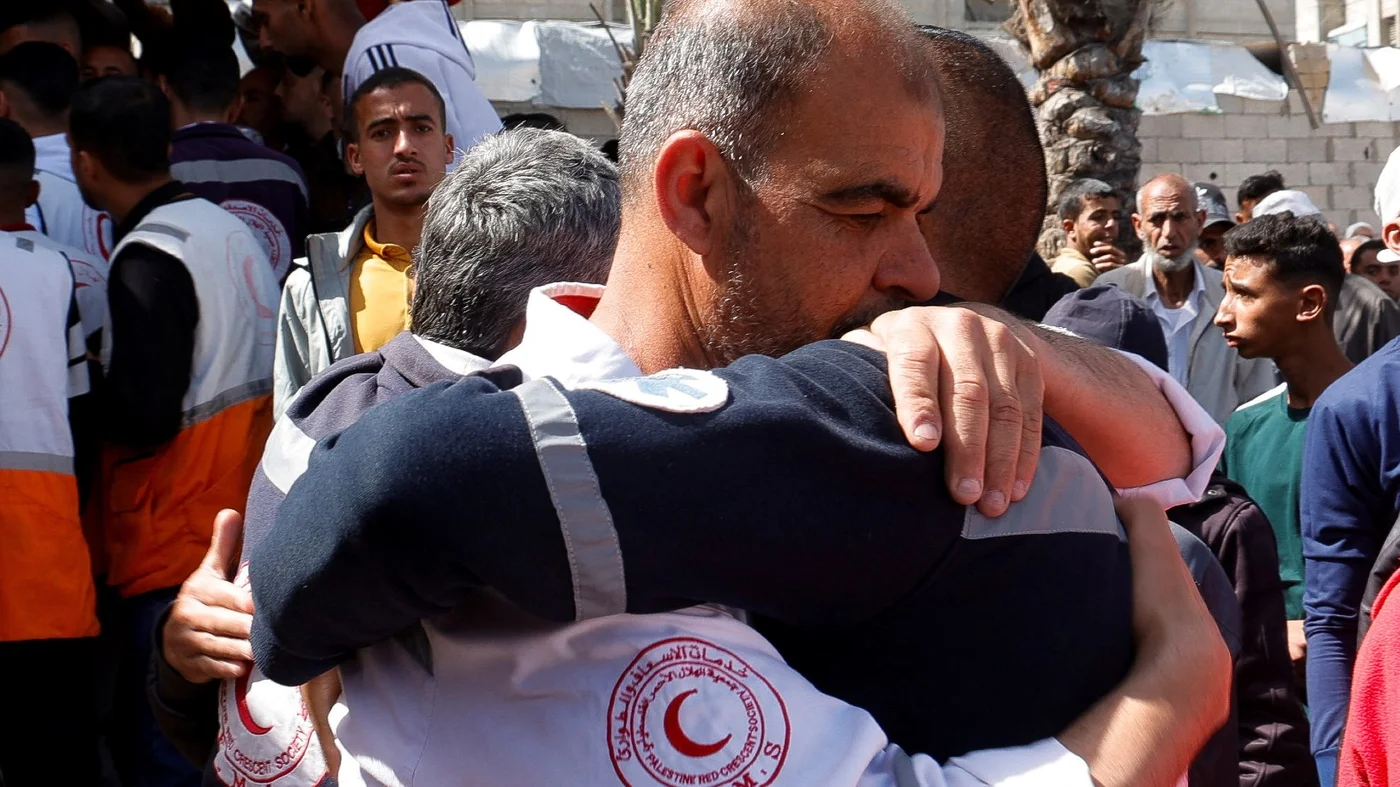Israeli forces killed at least 86 Palestinians in Gaza since dawn on Tuesday, Jue 24, including 56 people near aid distribution centers, as deadly attacks on desperate civilians continue amid the ongoing humanitarian crisis.
According to medical sources, most of the victims were unarmed civilians trying to access food and supplies in the besieged enclave.
In Rafah, southern Gaza, 27 people were gunned down by Israeli troops while approaching an aid point. The incident is one of several recent attacks near Gaza Humanitarian Foundation (GHF) distribution sites, which have been widely criticised for creating unsafe conditions for aid delivery.
Since GHF began its operations in late May, over 400 Palestinians have been killed and more than 1,000 wounded near its aid sites, according to health officials. The foundation, backed by Israel and the United States, has been accused of prioritising military objectives over humanitarian needs. The United Nations has refused to cooperate with GHF, calling its model a “death trap.”
The total Palestinian death toll since the war began on October 7, 2023, has now exceeded 56,000, with more than 131,000 people injured, according to Gaza’s Ministry of Health.
On Tuesday, medical sources reported that at least 25 people were killed on Salah al-Din Street south of Wadi Gaza in central Gaza, with 140 others wounded—62 critically. Video footage verified by Al Jazeera’s Sanad agency showed bodies being transported to al-Awda Hospital in the Nuseirat refugee camp. Similar scenes were reported at the Nasser Medical Complex in Khan Younis and at al-Shifa Hospital in Gaza City, where emergency wards were overwhelmed.
Eyewitnesses said Israeli tanks and drones opened fire without warning. “It was a massacre,” said Ahmed Halawa. “They even fired as we were fleeing.”
The Israeli military said it is reviewing the reports of civilian casualties, claiming the strikes occurred near the militarised Netzarim Corridor, where individuals allegedly approached soldiers. Israel has previously justified attacks near aid sites by labelling civilians as “suspects.” However, humanitarian organisations and witnesses consistently report that victims were unarmed civilians seeking food.
UN spokesman Stéphane Dujarric expressed deep concern over the mounting casualties at aid distribution sites, saying:
“People are being killed just for trying to get food because of a militarized humanitarian distribution system that meets none of the prerequisites for a functioning, fair, independent, and impartial humanitarian system.”
He called on leaders to find the political courage to “put a stop to this carnage.”
Philippe Lazzarini, head of the UN agency for Palestinian refugees (UNRWA), condemned the GHF in even stronger terms, calling its operations “an abomination” and “a death trap costing more lives than it saves.”
The International Commission of Jurists joined 14 other human rights groups in condemning GHF and calling for an end to militarised private aid delivery in Gaza.
Philip Grant, executive director of TRIAL International, said the GHF’s methods “violate core humanitarian principles” and warned that those enabling or profiting from it may face “prosecution for complicity in war crimes, including forcible transfer and starvation of civilians.”
Despite mounting international criticism, the United States has pledged $30 million to support GHF, marking its first known financial contribution to the foundation. GHF reportedly contracts private U.S. military and logistics firms to deliver aid inside Gaza.


